As the prospect of a ceasefire fades in the Gaza Strip, Palestinians fear being forgotten by the world as attention shifts to the Hezbollah-Israel conflict in Lebanon.
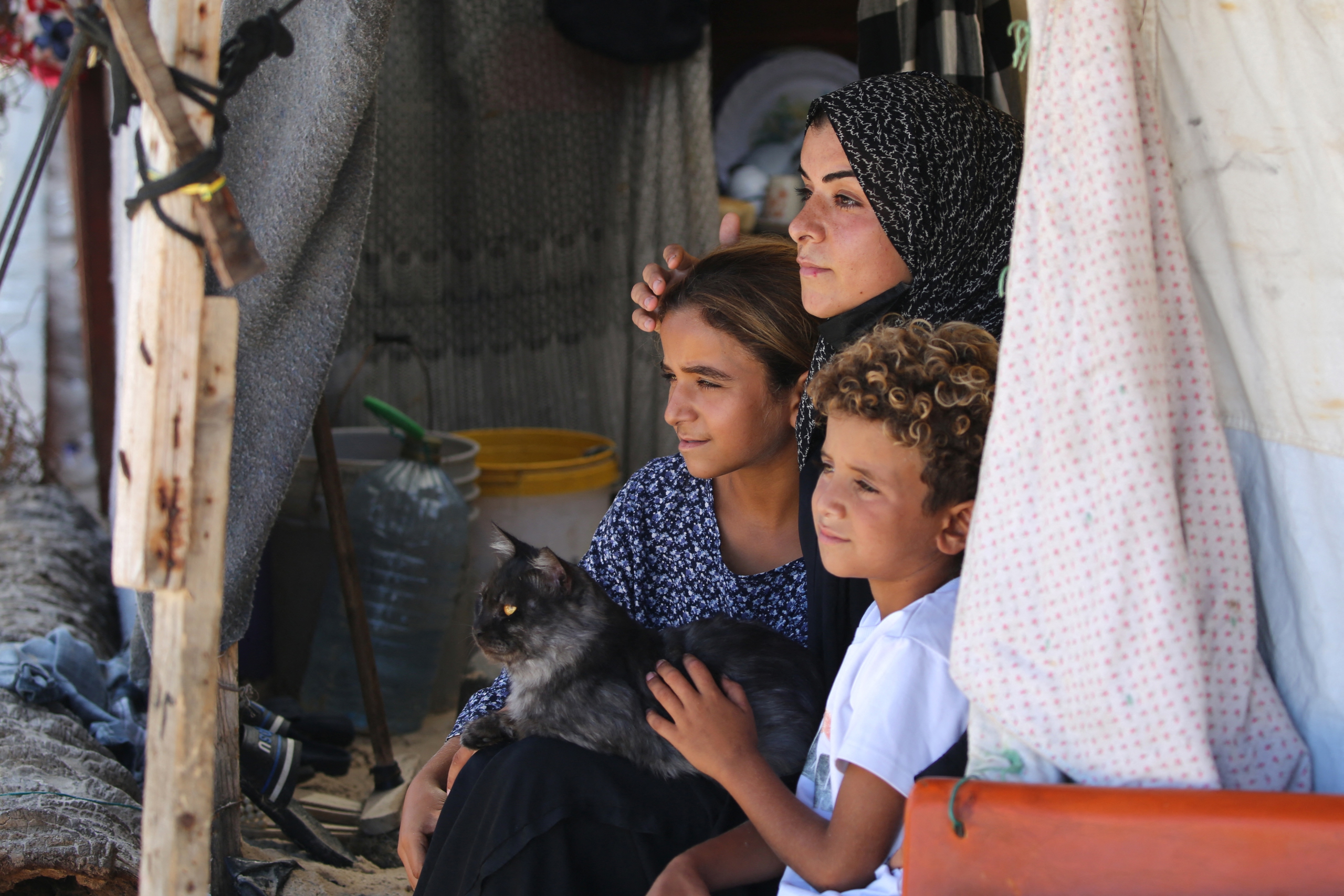
A Palestinian family sits outside their tent at a makeshift camp on the beach in Gaza City.
As Israeli bombs have only recently begun to fall on Lebanon, scenes of bloodshed and chaos have become horribly familiar to the people of the Gaza Strip. More than a year since Hamas launched its attack on Israel, triggering Tel Aviv’s response, there is hardly any place in the Gaza Strip that can be considered safe.
Fear of being forgotten
At a school converted into a shelter in the central Gaza Strip town of Deir al-Balah, 24-year-old teacher Mai al-Afifa was teaching a lesson on how to identify unexploded ordnance when an Israeli missile hit the building next door. As she scrambled for safety, Afifa saw through the smoke and dust the body parts of two women and a male aid worker in the rubble. Medical workers at the scene said the blast killed 28 people and injured 54, according to The Guardian . The Israeli military said it had carried out a precision strike against Hamas militants using the school as a command center.
“We are very sad about what is happening in Lebanon… We have experienced this pain and loss. But we are also afraid that Gaza will be forgotten: massacres have increased here and no one is talking about it. All the TV channels are talking about the regional war, Iran, Israel and what is happening in Lebanon,” Afifa told The Guardian.
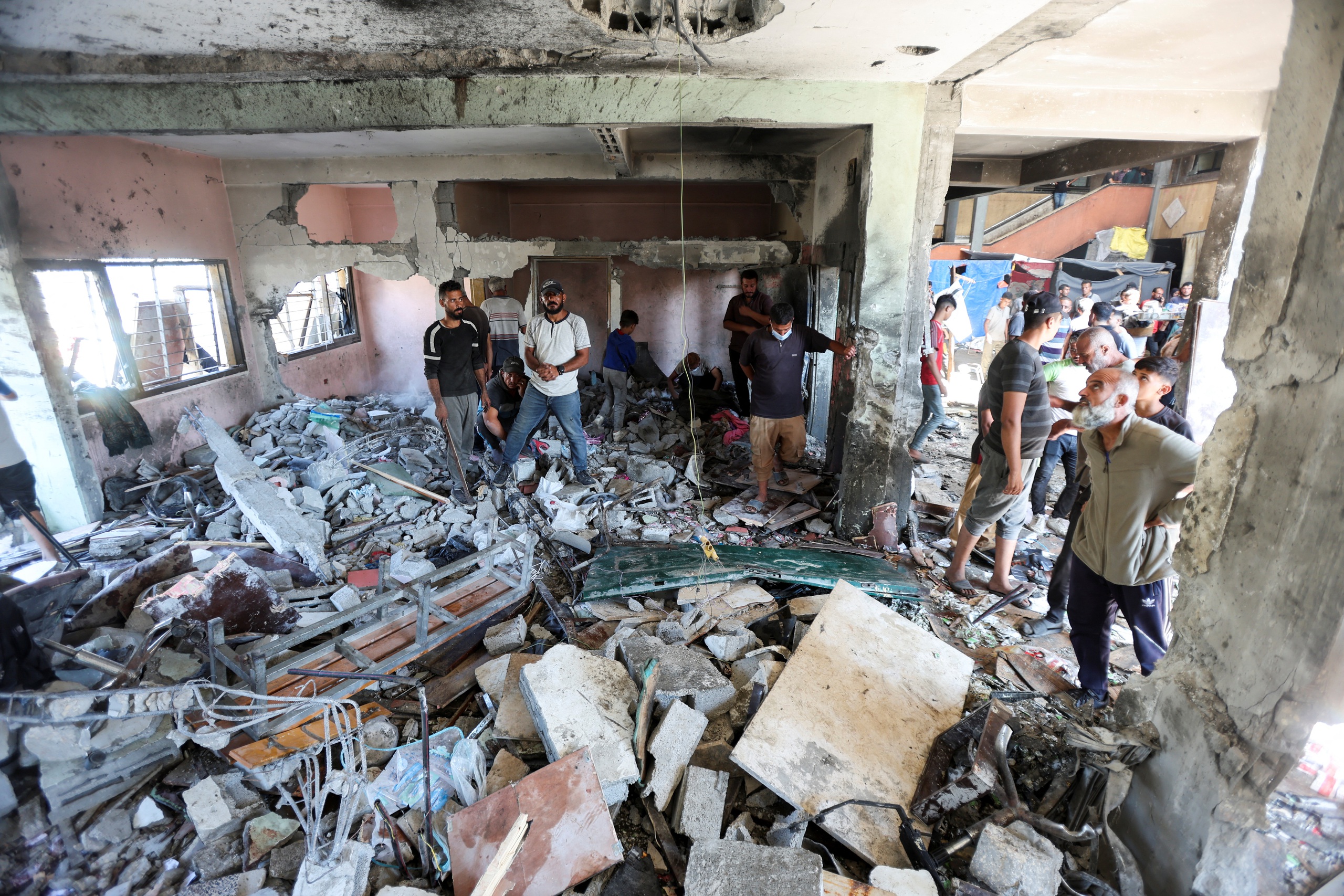
Palestinians inspect the site of an airstrike on a school being used as a shelter for displaced people in Deir al-Balah on October 10.
The war in Lebanon and the threat of a regional escalation involving Iran and the United States have dominated the news and diplomatic agenda. Meanwhile, Israel continues its assault on the besieged Palestinian territory. An estimated 400,000 people are trapped in the latest fighting in the Jabalia refugee camp in the northern Gaza Strip, now in its second week.
After a year in Gaza City, a few kilometres from Jabalia, Badr Alzaharna, 25, said he and his family were now forced to leave, but fighting and Israeli snipers made it impossible. "Just walking down the street, you see apocalyptic scenes... It's terrifying to be here. (Every day) I'm reminded of the hypocrisy of the world."
The entire northern Gaza Strip is under an Israeli evacuation order. The Israeli military has asked civilians to move to al-Mawasi, a coastal area in the southern Gaza Strip, for their safety, despite Tel Aviv allegedly bombing the “humanitarian area” several times.
The World Health Organization (WHO) said last week that seven missions to evacuate wounded people from hospitals to the southern Gaza Strip were hampered by Israeli forces.

Palestinians evacuate following an Israeli evacuation order in Gaza City on October 12.
Deadlock
As of October 16, more than 42,400 Palestinians had been killed in more than a year of fighting in the Gaza Strip, according to local health authorities. More than 90% of the 2.3 million population had fled their homes. Food, medicine and clean water remain scarce as Israel imposes new restrictions on what can be brought into the strip.
In September, UN and Israeli government data showed that food and aid deliveries to the Gaza Strip fell to a seven-month low due to new regulations imposed by Tel Aviv.
In the northern Gaza Strip, no food deliveries have been made since October 1. The United Nations World Food Programme (WFP) said on October 12 it had distributed all its remaining supplies of high-energy biscuits, canned goods and flour. WFP officials admitted it was unclear how long the supplies would last, warning that the threat of famine lingered.
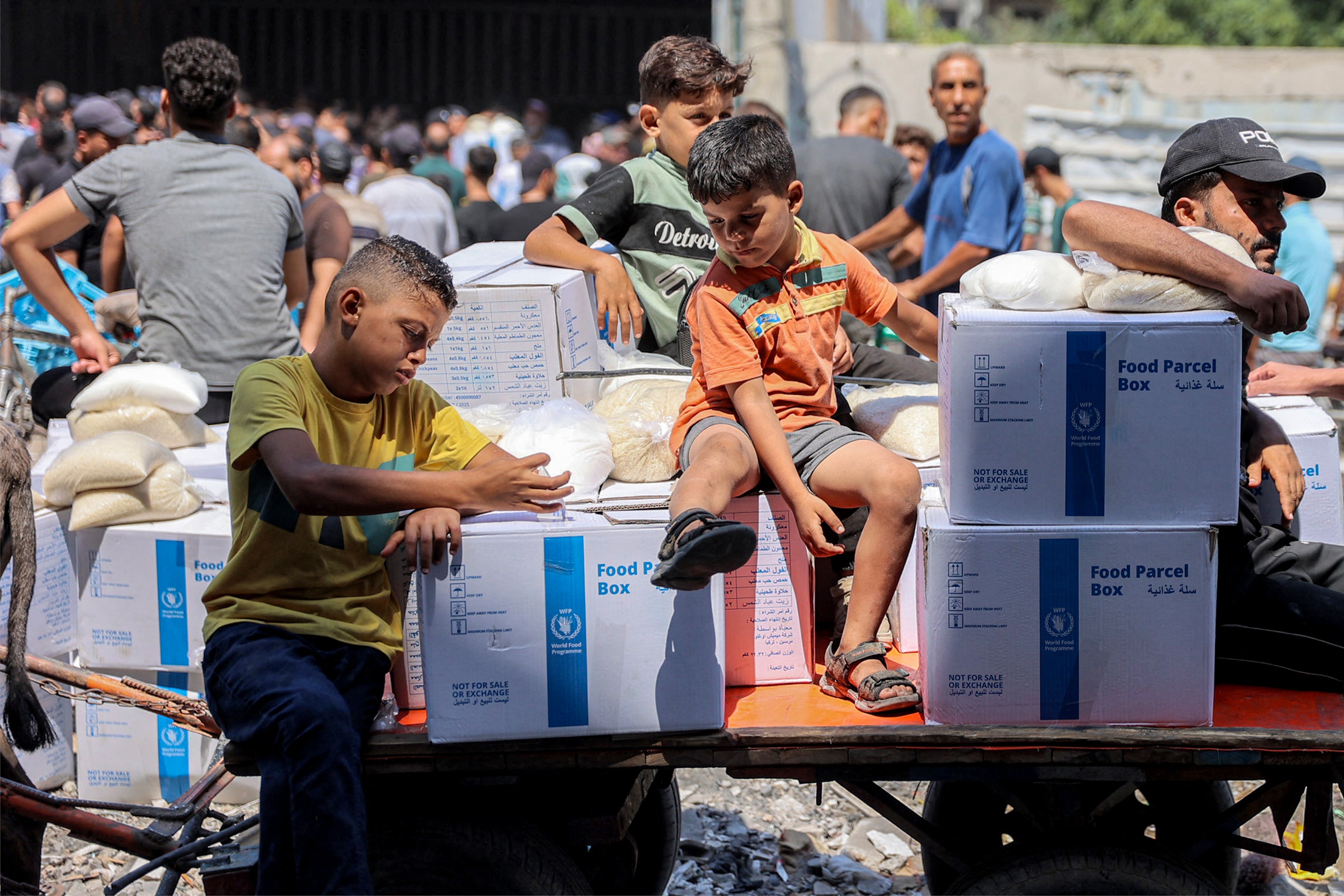
Palestinian boys sit on a truck carrying UN aid in Gaza City in August.
Rohan Talbot, campaign director for the UK-based charity Medical Aid for Palestinians, told The Guardian : "There are no words to describe the horror we are hearing from northern Gaza. The Israeli bombing is relentless. Dozens of bodies are lying in the streets. Any momentum towards a ceasefire has stalled."
Internationally mediated talks aimed at a lasting ceasefire and hostage release have been deadlocked since July. Until last month, a ceasefire in the Gaza Strip was seen as the key to ending escalating tensions in the region. However, after Israel stepped up its attacks on Hezbollah, the future of the Gaza Strip no longer seems to be a concern on the front lines of the war.
Source: https://thanhnien.vn/cuoc-chien-bi-lang-quen-tai-dai-gaza-185241017125819187.htm


![[Photo] Hue: Inside the kitchen that donates thousands of meals a day to people in flooded areas](https://vphoto.vietnam.vn/thumb/1200x675/vietnam/resource/IMAGE/2025/10/29/1761738508516_bepcomhue-jpg.webp)
![[Photo] Prime Minister Pham Minh Chinh chaired a meeting to discuss solutions to overcome the consequences of floods in the central provinces.](https://vphoto.vietnam.vn/thumb/1200x675/vietnam/resource/IMAGE/2025/10/29/1761716305524_dsc-7735-jpg.webp)


![[Photo] Flooding on the right side of the gate, entrance to Hue Citadel](https://vphoto.vietnam.vn/thumb/1200x675/vietnam/resource/IMAGE/2025/10/28/1761660788143_ndo_br_gen-h-z7165069467254-74c71c36d0cb396744b678cec80552f0-2-jpg.webp)
![[Photo] National Assembly Chairman Tran Thanh Man received a delegation of the Social Democratic Party of Germany](https://vphoto.vietnam.vn/thumb/1200x675/vietnam/resource/IMAGE/2025/10/28/1761652150406_ndo_br_cover-3345-jpg.webp)
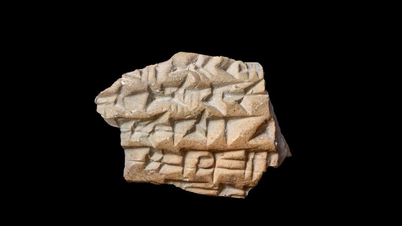





















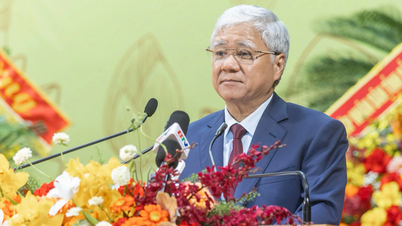






































![[Infographic] Vietnam's socio-economic situation in 5 years 2021-2025: Impressive numbers](https://vphoto.vietnam.vn/thumb/402x226/vietnam/resource/IMAGE/2025/10/29/1761730747150_anh-man-hinh-2025-10-29-luc-16-38-55.png)

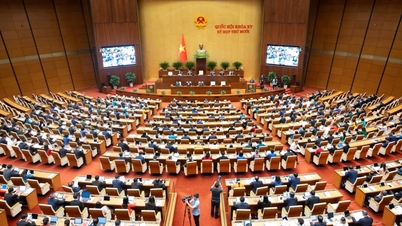

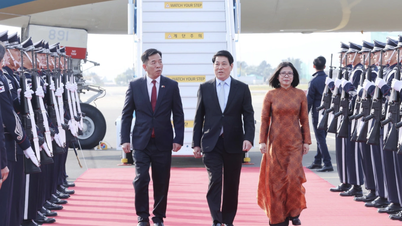



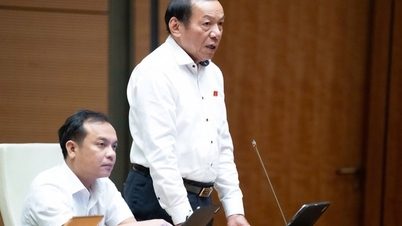




























Comment (0)